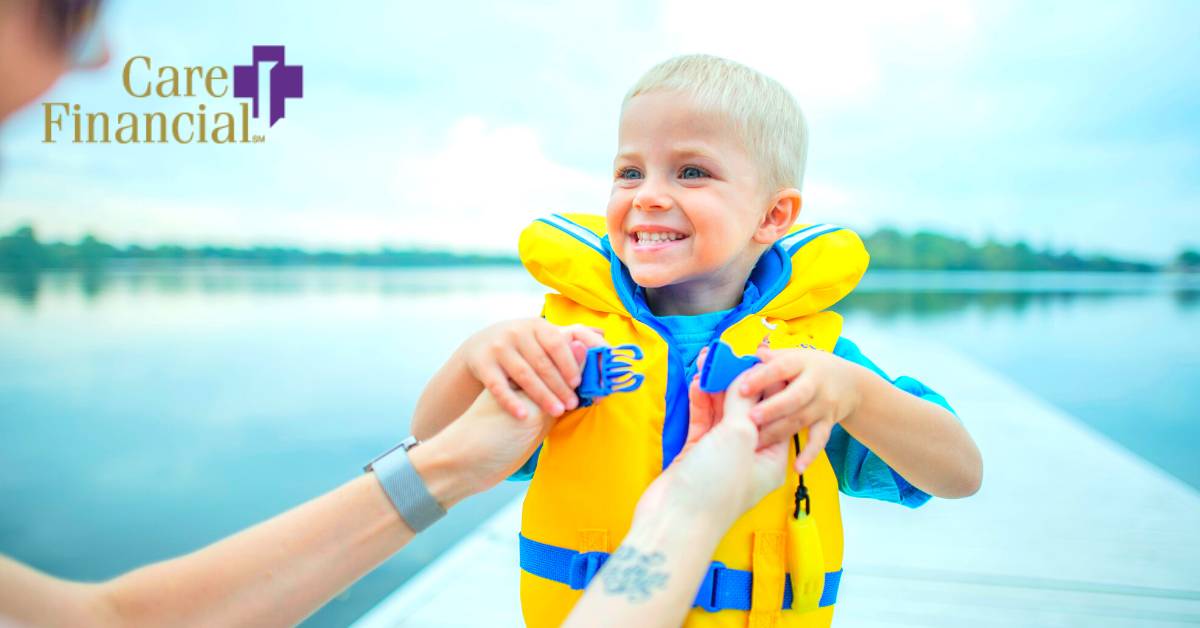Due to the COVID-19 pandemic, parents of young children have become increasingly concerned in terms of their child’s health, causing a rise in child life insurance policies. But with these policies being newly popular, many people still do not understand the full implications of the policy. So, here are just a few things you need to know about getting a life insurance policy for your children:
What is Life Insurance for a Child?
Just like life insurance for an adult, a child life insurance policy is a contract with an insurance company. Monthly or annual premiums are made in return the insurance company will pay the death benefit if the insured child dies. The policyholder in a child life insurance policy is the parent or guardian of the child. These insurance policies are typically whole life insurance policies, meaning they provide lifelong coverage as long as premiums are paid.
What to Know About Buying a Child Life Insurance Policy
Purchasing life insurance for your child is a relatively easy and quick process, compared to buying a policy for an adult. To begin this process, you will have to fill out an application, but there is no requirement for a medical exam, which is required for adults. Child life insurance has typically been purchased for children who are 17 or younger. However, the cap can be lower. Although the age cap varies, the coverage of the insurance plan remains intact throughout the child’s life so long the premiums are paid. After the child comes of age, you can transfer it to them at any time. With some life insurance policies, the policies automatically transfer after the child reaches a certain age.
Pros of Child Life Insurance
Insurability is guaranteed. The best part of purchasing a child life insurance policy is that you are guaranteeing your child will have coverage if they develop a health condition later in life. You are also ensuring your child will have coverage if an unusual or dangerous hobby is taken up that could cause someone to get hurt.
Lock in a low rate. When a child is a newborn, you’ll get the lowest rate on life insurance. Each year, as you get older, life insurance rates increase. Although you’ll be paying premiums for a longer time, the amount paid overtime will still be lower because of low rates for child life insurance. Purchasing child life insurance has the potential to save you $10,000, therefore, proving that child life insurance saves you and your child money in the long run.
Cash value. A portion of premiums paid overtime builds cash value. When purchasing a child life insurance policy, a larger portion of the premiums go towards cash value due to the low cost of insurance. Providing more time for that cash value to build. However, it is important to note that withdrawing cash from the policy could result in a tax bill and reduce the death benefit.
Cons of Child Life Insurance
Low rate of return. While cash value does build through this insurance policy, it does so at a slow rate of return. This is in no way a substitute for a college fund. If you buy a child life insurance policy for a newborn, it will take about 15 years for the cash value to equal that of the premiums paid. However, college funds grow at a much higher interest rate and the amount invested typically doubles in 10 years.
Long-term commitment. When you buy a child life insurance policy or a whole life insurance policy, you should expect to pay premiums for decades. So, if cash flow becomes tight and you are forced to cancel the policy, it will not be worthwhile.
Trade-off. A child life insurance policy is a trade-off as you are giving up money that could be used on other things or investing in a college fund to support your child. Due to the unlikely chance of a child passing away at a young age, it might be better to spend the money elsewhere.
If you are considering a child life insurance policy, come speak to us at Care Financial. Together we can work together to decide if this move is the best course of action for you, your child and your family.


